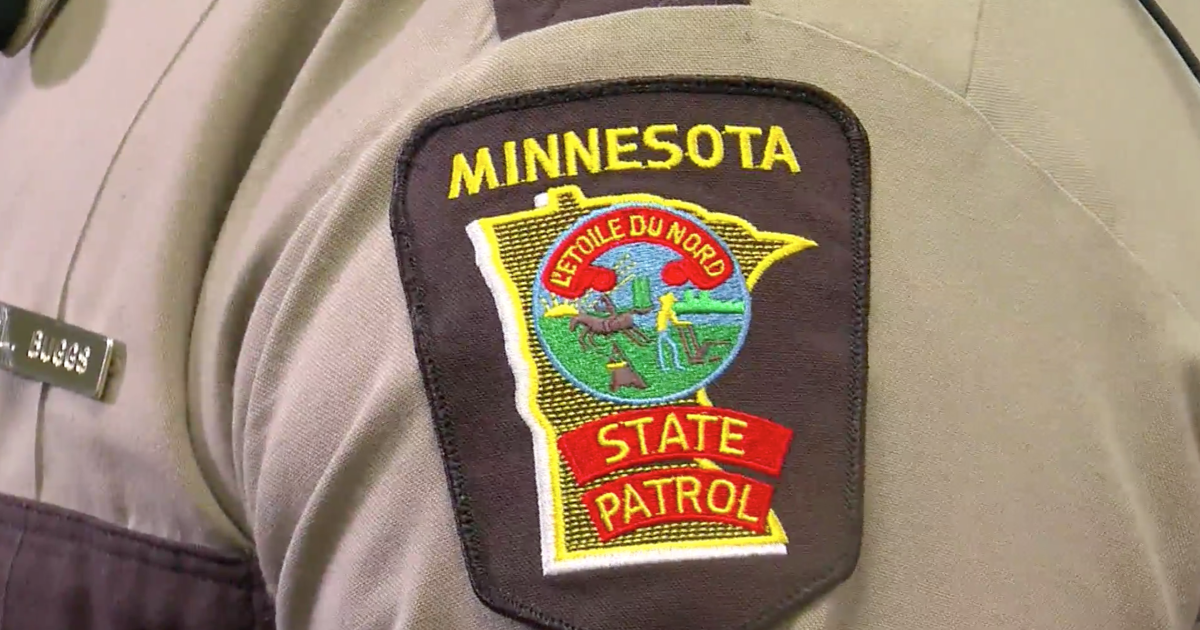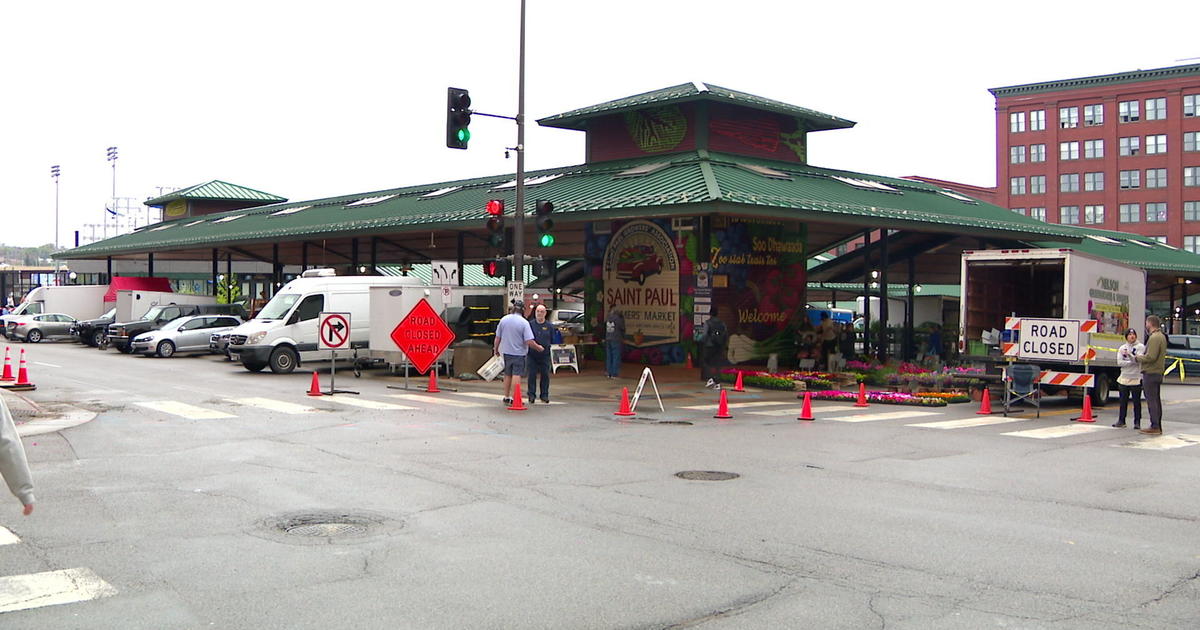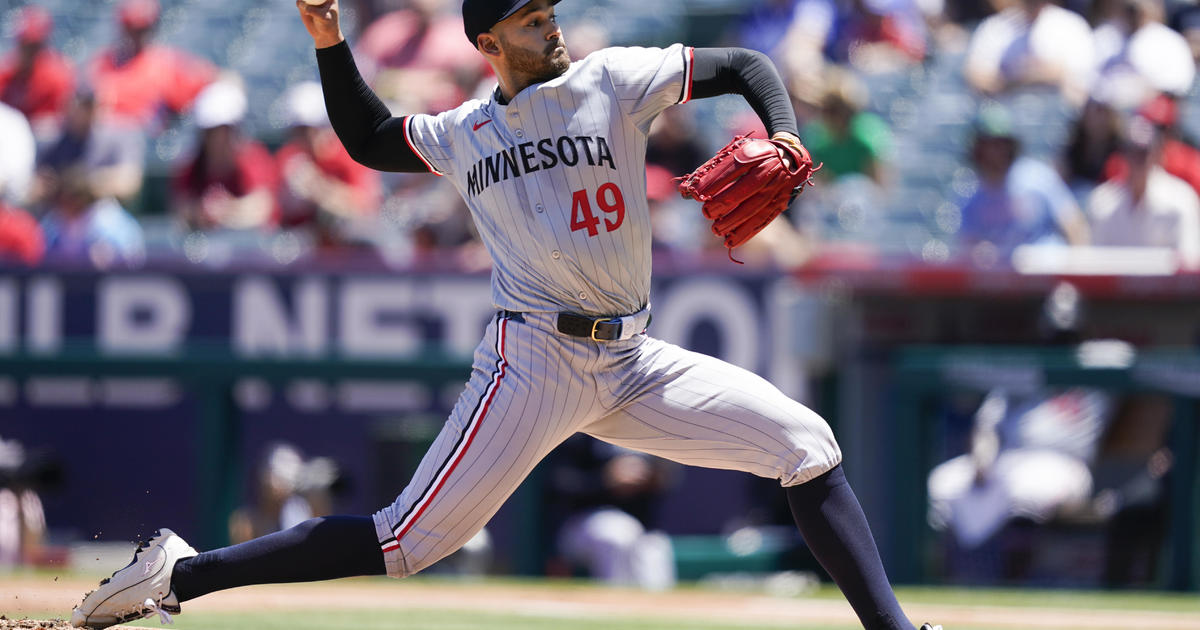Study finds Minnesota's state bee is struggling, may not survive long-term
MINNEAPOLIS — A new study shines a concerning light on the Minnesota State Bee.
The rusty patched bumble bee became endangered in 2017. And now, there's evidence the population is barely hanging on — a concern because they're a critical pollinator.
The University of Minnesota says insects and animals like bumble bees pollinate 80% of the flowering plants on our landscape today.
In short: Pollinators help things grow and keep the circle of life moving.
"The rusty patched bumblebee used to be fairly common in Minnesota," Elaine Evans said. "I was working with them back in the 90s and you could go to a site and you'd see them flying around pretty regularly."
It stayed that way until about 25 years ago.
"And then around 2000 is when they just kind of disappeared," Evans said.
In 2010, Evans says they started showing up again, but they're weaker than they once were. She says disease along with pesticides, climate change and habitat loss puts strain on the population.
"They're nowhere near the numbers we used to see and we're also not seeing them in as many places as we used to see them," Evans said.
John Mola from Colorado State University recently published a study revealing a major lack of genetic diversity in the remaining rusty patch bumble bees. It's an indicator they're fragile, unhealthy and may not survive long-term.
"The fact this species used to be so common and now has become so rare to me, it represents a broader issue of biodiversity loss than just this particular bee," Mola said.
Still, the Twin Cities and other patches of Minnesota are some of the last strongholds in the county where you can still find them.
Experts say that's because our community is engaged — planting pollinator habitats, using fewer pesticides and leaving messy parts of your yard for them to nest in all help.
"Even if our food is getting pollinated if we don't start protecting our pollinators, we're eventually going to run out of pollinators," Evans said.




